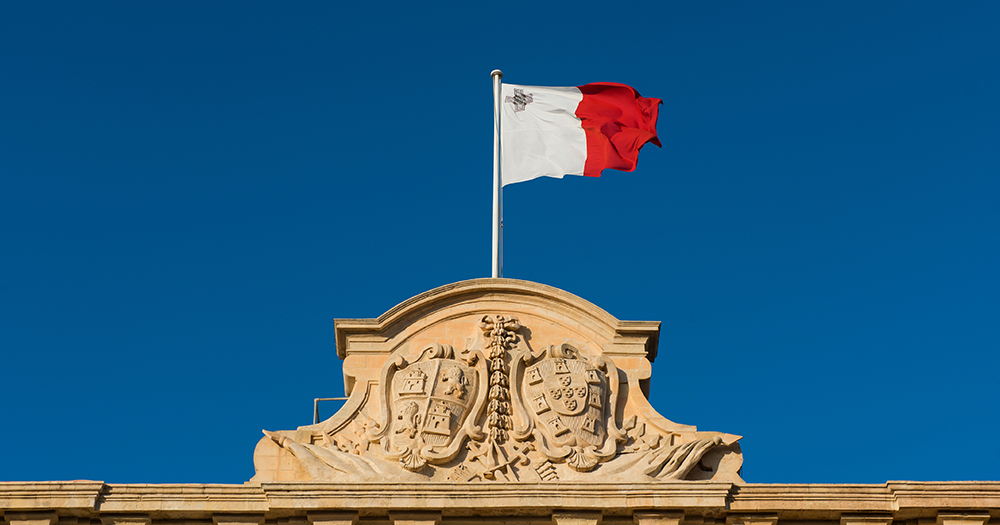A new law has come into effect in Malta, allowing non-binary individuals to be officially recognised as such on birth certificates. Although the legislation was originally passed in July earlier this year, it fully came into force on September 12.
The announcement was made by Parliamentary Secretary for Equality and Reforms Rebecca Buttigieg during the Connecting Communities LGBTIQ+ Conference. This latest development builds on the 2018 legislation that provided transgender individuals with the right to update their legal gender. The amendments to the Gender Identity, Gender Expression, and Sex Characteristics Act, which were presented for a second reading in Parliament, expand these rights further.
Notably, individuals aged 16 and over can now change their gender without requiring parental consent. For non-binary individuals in Malta, the gender marker will be represented by the letter ‘X’ on official documents, such as birth certificates and other official identification papers.
This year, Malta was revealed as Europe’s most progressive country for LGBTQ+ rights, scoring 88 out of 100 points on The Rainbow Map released by ILGA-Europe, which ranks European countries on their protection of LGBTQ+ rights, based on criteria including LGBTQ+ equality, protection from hate crime and discrimination, and societal integration.
Buttigieg also highlighted the significant strides Malta has made in advancing LGBTQ+ rights, noting that since the first Pride march 20 years ago, a revolution in the recognition of civil rights has taken place on the island. She emphasised that these civil rights granted to LGBTQ+ individuals are fundamental human rights.
While Malta has been praised for its progressive LGBTQ+ laws, especially considering its largely Catholic population, it still faces criticism for its restrictive abortion laws. Malta remains the only country in the European Union with a complete ban on abortion, even in cases of rape, incest, or threats to the mother’s life.
Despite its excellent record on LGBTQ+ rights, many argue that the country’s stance on reproductive rights falls short of meeting international human rights standards, highlighting the need for further reform in this area.
© 2024 GCN (Gay Community News). All rights reserved.
Support GCN
GCN is a free, vital resource for Ireland’s LGBTQ+ community since 1988.
GCN is a trading name of National LGBT Federation CLG, a registered charity - Charity Number: 20034580.
GCN relies on the generous support of the community and allies to sustain the crucial work that we do. Producing GCN is costly, and, in an industry which has been hugely impacted by rising costs, we need your support to help sustain and grow this vital resource.
Supporting GCN for as little as €1.99 per month will help us continue our work as Ireland’s free, independent LGBTQ+ media.
